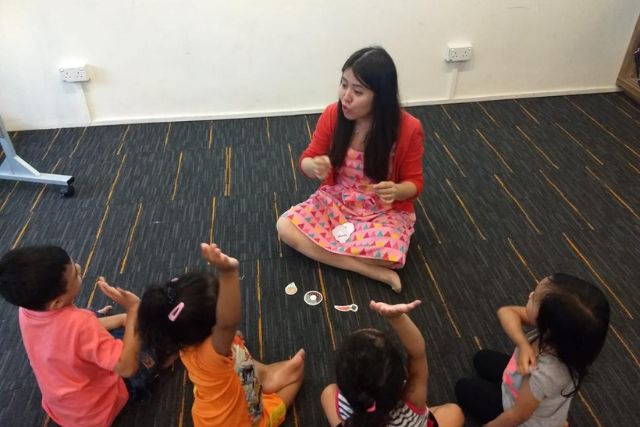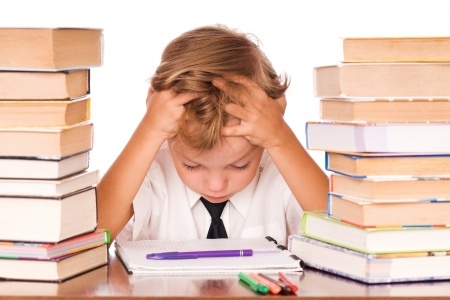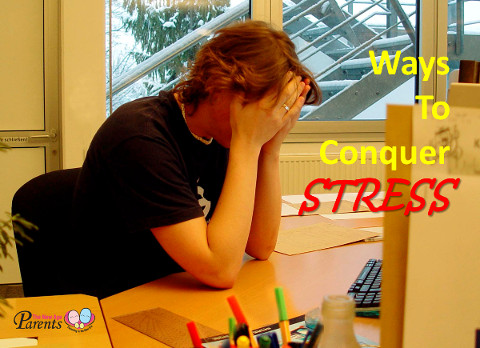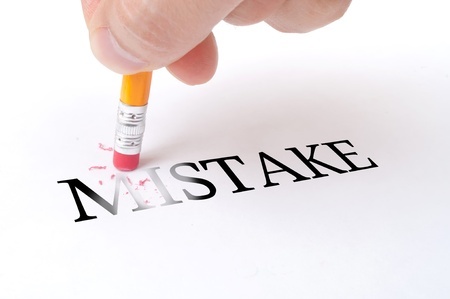We do a lot of things with the intention of helping our kids realise their full potential. But if we’re not careful, we might miss the signals that our kids are overworked and stressed. We ask experts for the signs.
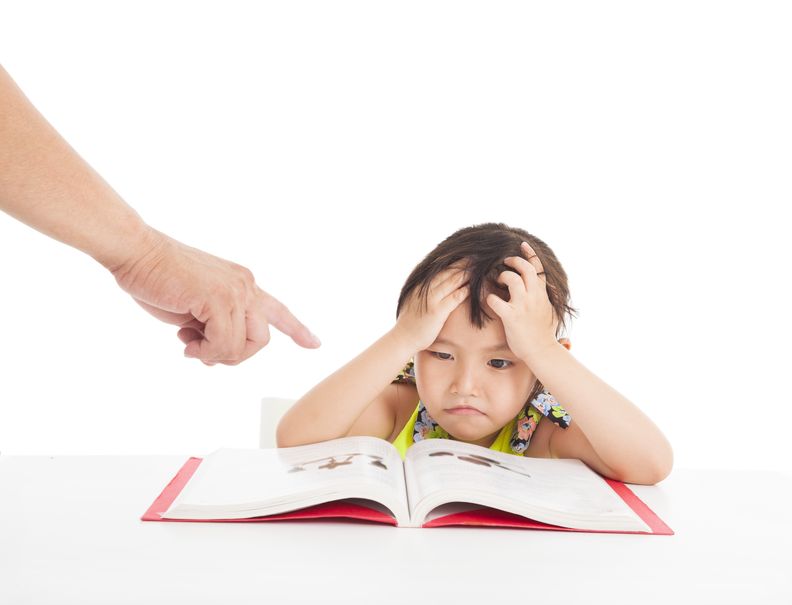
Think back to the days when our children were merely newborns. It didn’t take much for them to amaze us. We were won over by their sleeping faces, their burps and yawns and crooked smiles, their ability to hold their lolling heads upright for a fraction of a second. We celebrated it all.
But at some point, we developed expectations, and as our children grew, no longer babies, they were supposed to meet them. This is especially true when the schooling years approach and with it, a heightening sense of competition and fear of being behind. Suddenly, it’s not enough that our kids are happy and well-fed, that their basic needs are met. Now it’s about getting them to perform and excel too.
Motivating our kids can be tricky. You want to encourage without over-praising, lest you rear a people-pleaser. You instil a strict “study time” for them, but get exasperated when they rely on your reminders and supervision so much that they’re unable to do their homework independently. Perhaps you establish a rewards system every time they get top marks. But what do you do when they fail? A punishment could be a blow to their self-esteem.
Good Stress vs Bad Stress
Not all stress is equal. We asked Dr. Vanessa von Auer, a clinical psychologist at VA Psychology Center, to differentiate between good and bad stress. Beneficial stress, known as “eustress,” motivates children to be productive and accomplish tasks. “This type of stress is usually short-term and within a child’s coping abilities,” she said.
Unhealthy stress or “distress” can lead to increased anxiety, hopelessness, and decreased performance. According to Dr. von Auer, “This type of stress is perceived to be outside a child’s coping abilities or control, which is why many children then usually give up, shut down or act out, behaviourally or emotionally.”
The long term effects of being overstressed could result in the child’s body reacting physically. “When a child feels over-pressured, the body responds by releasing a series of chemicals that affect their hearts, blood pressure, brain and metabolism… When this happens too often, children can experience serious illnesses, such as anxiety disorders, depression, cardiovascular disease, obesity, and other conditions, as they grow up,” said Dr. von Auer.
Fiona Walker, Group Manager Director of Julia Gabriel Education adds, “Research strongly indicates that rigid schedules, oppressive learning practices and harsh criticism when young children fail to live up to expectations, leads to low esteem, demotivation to learn and a lack of self-confidence. Pushing too hard can lead to burnout and depression in children as young as 9 or 10 years old – and even suicide in early teens in the worst cases.”
⇒ Related Read: Signs of Low Self-Esteem in Children
Signs That Your Kids Are Overworked And Stressed
How do you know when you’re pushing your child too much? Dr. von Auer shares a few signs to look for:
- A change in behaviour: your child is more irritable or negative about themselves, their lives and their studies
- Sleeping problems
- Stress eating or under-eating
When Your Child Starts To Falter

What about instances when your child is facing a task within their coping abilities – but they’re not responding well to the least bit of difficulty at all? Learning isn’t mean to be 100% easy, after all. So, going back to the topic of “good stress” – there must be a way for parents to better empower their children to cope with short-term challenges within their reach. But how?
When working on a problem or activity, it’s natural for kids—or anyone for that matter—to feel frustrated that they don’t “get” it. If your child reacts poorly to being corrected over and over or is stubbornly refusing to continue, the more you insist that they complete it there and then, the more likely they will resist. The battle might end in angry tears — from the child, and possibly the parent, too.
According to Ms. Walker, pressuring your kid in these instances could add to their feelings of stress and fear. You don’t want this opposite effect to take place. So what should you do?
“Stop and allow your child some downtime,” Fiona said. “In fact, allow them plenty of regular downtime and quiet time. Allow them to switch off and relax. This may mean going outside for a walk, getting some fresh air or watching their favourite TV programme before returning to the activity.”
When educating your child, always aim for a firm and nurturing support. If you’re still worried that you’re pushing your kid too hard at an early age, here is a list of questions from Ms. Walker to help you re-assess your priorities and approach:
- Are you flexible about your child’s schedule?
- Do you consider your child’s academic achievements to be more important than their self-esteem?
- Do you offer positive, nurturing feedback when your child makes a mistake or do you criticise harshly and punish?
- Do you focus on your child’s weaknesses rather than their strengths?
- What activities does your child enjoy most? What makes them light up? They are most likely to succeed at what they enjoy!
- Are the goals you set for your child realistic?
- Do you demand or encourage your child to complete tasks?
- How does your child respond to your approach? Does pushing them motivate them to want to try again or have the opposite effect?
By Jenny Tai.
This article was first published in The New Age Parents e-magazine.
* * * * *
Like what you see here? Get parenting tips and stories straight to your inbox! Join our mailing list here.
Want to be heard 👂 and seen 👀 by over 100,000 parents in Singapore? We can help! Leave your contact here and we’ll be in touch.














